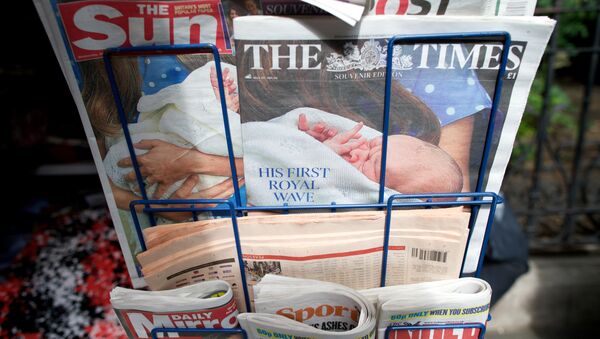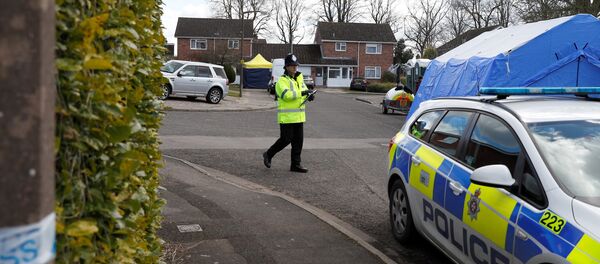Freedom is diversity. With Russian media under constant pressure for not being "free" enough, British media has decided to provide an example of true Western freedom — by unequivocally stating that Russia poisoned British-Russian ex-spy Sergei Skripal and his daughter, Yulia, in Salisbury, England.
Of course, the job of the police is to work through evidence and propose scenarios — but in this, case British inspectors need not worry, because their media has solved the case without them.
"Russian talk shows may have produced 24 or 234 versions of the Salisbury attack, but the British press is sticking to ONE, unsupported by any facts. So much for free and independent media holding government to account," the Russian Embassy in the UK said on its Twitter account on March 29. The post was accompanied by an image of various British newspapers' headlines, all pointing the finger at Russia for poisoning the Skripals.
Russian talk shows may have produced 24 or 234 versions of Salisbury attack, but British press sticks to ONE, unsupported by any facts. So much for free and independent media holding government to account. pic.twitter.com/862TfBVkxC
— Russian Embassy, UK (@RussianEmbassy) 29 марта 2018 г.
Fanning the flames of hype has become the trademark style of Western journalism, as colorfully illustrated by the famous allegations about "Russian hackers" and "Russian meddling" in US elections. Throughout 2016 and 2017, Western mainstream media kept blaming Russia for hacking political emails and interfering in the US and other elections, all the while doing their best to avoid providing any proof of their allegations. So the game being played by British journalists is old hat now.
With Skripal's case, one key question has remained unvoiced for too long: what will the British media do if investigations reveal that Russia was not, in fact, involved? Will they pretend that all their past headlines never happened?



